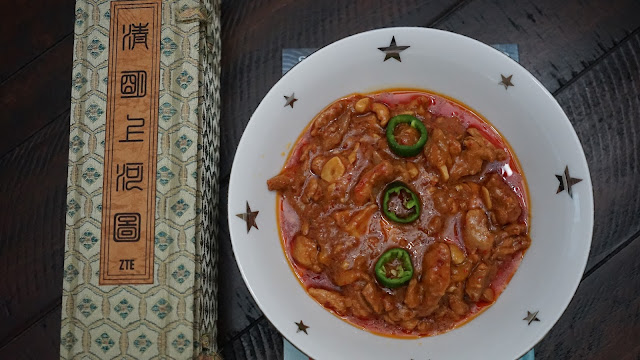British math prodigy Sufiah Yusof was one of the youngest students ever admitted to Oxford University at the age of 13. At 15, right after completing her third year finals, she went missing for two weeks. After being found, she never returned home, or went back to Oxford; instead she worked as an administrative assistant. She crumbled under parental pressure. Her father to sharpen her focus kept the house temperature cold. She was not allowed to have any social interactions, and was only to focus on math.
Child prodigies suffer from social and emotional anxiety. Adam Grant in his op-ed piece in the New York Times points out that child prodigies rarely become adult geniuses who change the world. They lack social and emotional skills to function in society and excel in professional world. The same can be said of child actors. With the exception of a few, we have seen examples of many child actors marred by drug abuse, and other destructive behavior.
Grant recommends instead of turning children to ambitious robots, it is important to place emphasis on moral values. It is essential for children to have focus, but they should not be in a horse race blindly running towards the finish line without any purpose; without garnering any life experiences. We are so caught up with the notion of getting "there" that once we arrive at the elusive "there", we realize that we are missing the intrinsic value behind our "success". The imaginary benchmarks that we set for our children normally lack moral values. Instead of training them to chase pavements, we should teach our children the moral value behind hard work, the love of the pursuit, and the benefits of making mistakes.
Sufiah Yusof was the basis of Nikia Lalwani's Booker Prize nominated debut novel Gifted. The protagonist Rumi is also a math prodigy. She becomes the vehicle to fulfill her father's unattainable dream of studying at Cambridge, because of financial constraints. Her father in turn shifts the focus on his daughter to fulfill his personal goal that he was not able to achieve. The world may believe that Rumi is a genius, but she feels that her brain is going to explode with the overload of numbers orbiting her mind. Numbers that anyone can memorize with enough time and imprisonment. She is so lonely that she starts anthropomorphizing numbers. 512 is friendly. 7 is lucky, cheeky, and cool; everything she is not.
The Asian diaspora, which I am also a product of, places a lot of importance on education. They believe higher education can deflect discrimination which they experienced when they first arrived in the New World. Education is seen as freedom, but that freedom is tied to family expectations. An A-minus is seen as a badge of shame. The important lesson here for parents is that you do not want your child to be a manifestation of your own lost dreams. Children's achievements should not be a reflection on your parenting abilities. Putting this much unbearable scrutiny on children will result in lack of confidence, and emotional anxiety.
So what can we do to raise children who are able to think outside of the box, and are not encroached by our dreams and aspirations?
Entrepreneur Cameron Herold in his TED Talk suggests that instead of simply handing out allowances to our children and assigning chores (which is essentially training them for a job), we should encourage our children to go around the house, and search for the projects they can do. This will not only foster their interests, but will also teach them the value of doing the work they love. This will also prepare them for pitching ideas, and negotiating the price for their work. He said, it is important to teach them financial responsibility and accountability at an early age.
As far as my three year old is concerned, I do not want her to be focused on achieving A's. It is important for me to teach her how to organize and process information, have confidence, and the ability to ask questions. Instead of squashing her questions, I like to take interest in her childhood curiosities and eccentricities. I do not want her to be a Borg, be part of the collective, and lose her individual identity. (I married a Trekkie).
So after this rather hefty food for thought, let's talk about the recipe at hand. You have probably already seen the video on my Facebook page. Sesame Bread with Green Onions, is a flatbread commonly available in Hakka Chinese restaurants in Southern California. The bread is actually cooked on the stove, instead of the oven. I like to glaze the bread with a teaspoon of soy sauce. I like how it slightly gets caramelized, and increases the flavor profile. Give this easy bread a try, and please let me know how you like it.
Sesame Bread with Green Onions
Sesame Bread with Green Onions.Full recipe coming soon.
Posted by Cultivate Flavors on Tuesday, January 26, 2016







